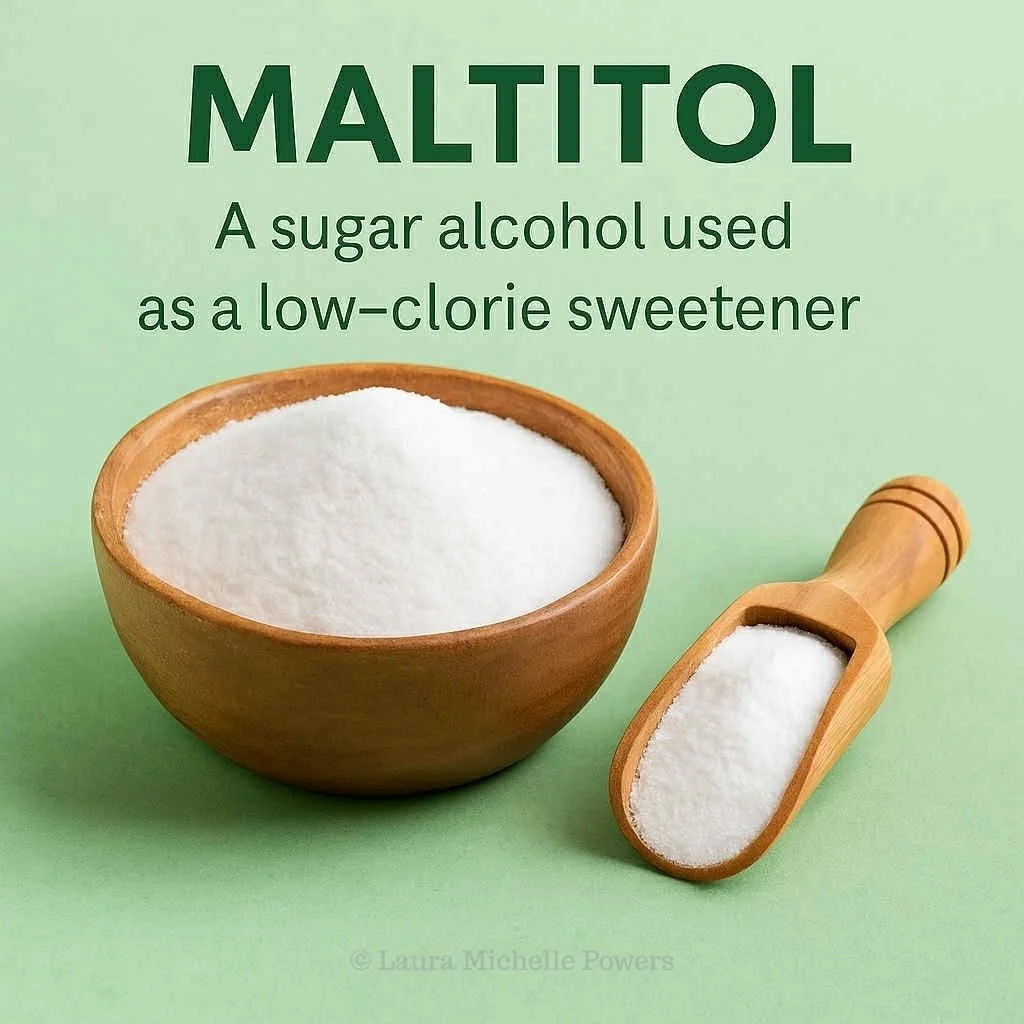Phthalates: The Hidden Chemicals Lurking in Fragrance (and Beyond)
/By Laura Michelle Powers: Celebrity Psychic, Author, and host of Healing Powers Podcast
If you’ve ever sprayed perfume, used scented lotion, or opened a bottle of air freshener and thought, wow, that smells strong — chances are, you’ve just inhaled phthalates.
Phthalates (pronounced THA-lates) are a group of synthetic chemicals used to make plastics flexible and to help scents last longer. They’re sometimes called “plasticizers,” but they do far more than just soften plastics — they sneak into everyday products and end up inside our bodies.
And the problem? They’re hormone disruptors.
Why Phthalates Matter
Phthalates belong to a class of chemicals known as endocrine disruptors, which means they can interfere with the body’s natural hormone system. Even at low levels, long-term exposure has been linked to:
• Lower fertility and reproductive issues
• Altered levels of estrogen, testosterone, and thyroid hormones
• Higher risk of asthma and allergies
• Developmental issues in children
• Increased risk of obesity and metabolic disruption
Because hormones affect nearly every system in the body, these tiny chemicals can have big ripple effects.
Surprising Sources of Phthalates
You might expect phthalates in plastics, but they’re also hidden in places that catch many people off guard:
• Fragrance and perfumes – If a label just says “fragrance” or “parfum,” it often hides phthalates.
• Lotions, shampoos, deodorants, and cosmetics – Especially scented products.
• Nail polish – Phthalates are sometimes used to prevent chipping.
• Cleaning products – Even “fresh-scented” detergents and sprays can be culprits.
• Food packaging – Plastics and even takeout containers may leach phthalates into food.
• Vinyl products – Shower curtains, flooring, and some furniture use phthalate-softened vinyl.
How to Reduce Your Exposure
The good news? You don’t have to eliminate all modern conveniences — just be more mindful. Here are some practical steps:
1. Choose fragrance-free or naturally scented products. Look for labels that say “phthalate-free.”
2. Switch to glass or stainless steel for food storage. Avoid microwaving in plastic.
3. Read labels carefully. “Fragrance” is a red flag unless it specifies natural sources (like essential oils).
4. Clean smarter. Use non-toxic or DIY cleaners made with vinegar, baking soda, and essential oils.
5. Upgrade your personal care. Brands that are EWG Verified or transparent about ingredients are safer bets.
6. Ventilate your home. Phthalates can linger in dust, so keep air fresh with open windows and HEPA filters.
A Spiritual Perspective
From a holistic point of view, our bodies are sacred vessels — and what we put on and around them shapes our energy. Phthalates are synthetic, disruptive, and out of alignment with nature. By reducing exposure, you not only support your physical health but also clear your energetic field of unnecessary interference.
The bottom line: Phthalates are everywhere, but awareness is power. By making small shifts, you can protect your hormones, boost your vitality, and align your body and spirit more closely with nature.

